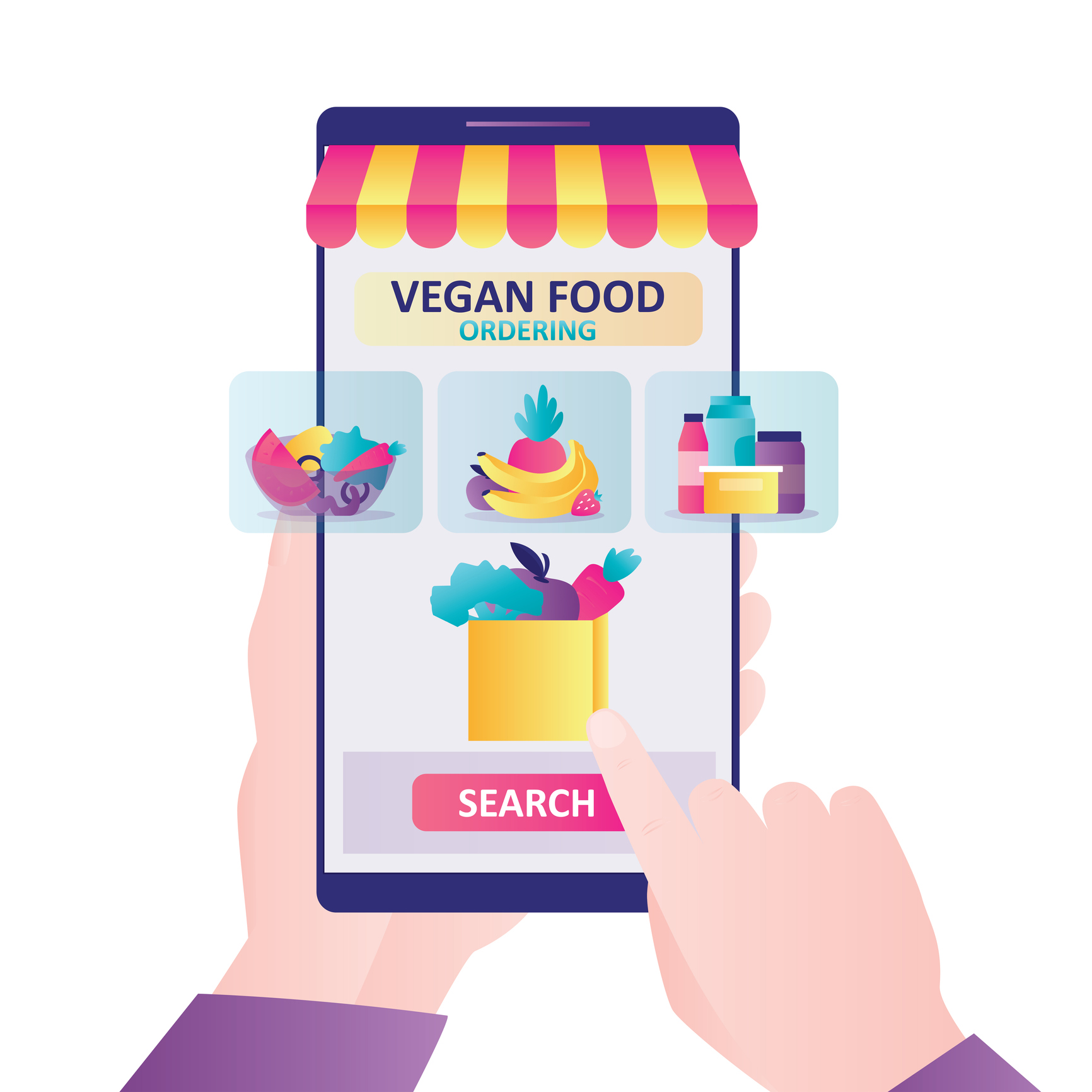Britons are buying more ethically than ever before, says Co-op report

Consumers in the UK have increased their ethical food and drink purchases by 12.3% in 2020 according to the Co-op’s Ethical Consumerism Report published at the end of last year.
The report reveals that consumer ethical spending reached their highest ever levels, soaring to £122bn in December 2020. This is a figure that has increased more than ten times since 1999, when the ethical spending market was valued at around £11.2bn.
Part of the reason behind this growth in ethical spending from consumers was the increase in vegan and vegetarian foods had gone up by 34%, bringing their value to £1.5bn.
The government’s implementation of a Net Zero strategy which aims to be achieved by 2050 has also been said to bring an increase to ethical spending.
An increase in certification labelling on goods, such as the RSPCA Freedom Assured, Fairtrade and Rainforest Alliance certification seals, also has and is expected to continue influencing consumer spending on food and drink goods.
Sales in Fairtrade-certified goods in particular rose by 14%, and sales of foods with organic certifications increased by 13%.
Sales of free-range eggs also reached an unprecedented value in 2020 of more than £1bn.
‘Localism’ is another ethical trend which developed in 2020. According to the report, shopping locally grew by 6% and is expected to remain popular long-term, as consumers want to trade in a more ethically and environmentally friendly way.
The Co-op also note there has been a development in consumer boycotting of brands in 2020, with 18% more consumers not buying goods from certain companies for ethical reasons than in previous years.
CEO of The Co-op Group Steve Murrells commented on the report: “Our Ethical Consumerism Report is a barometer on consumer behaviour – and shoppers are turning up the heat by boycotting businesses which fail to act on ethical or social concerns.
The report is a warning to brands that they must do business a better way for workers, communities and the planet. But it also offers clear evidence to policy-makers that they can positively influence change.”
The Co-op’s report: ‘Ethical Consumerism – Can We Consume Back Better?’, was put together with the research group Ethical Consumer.








